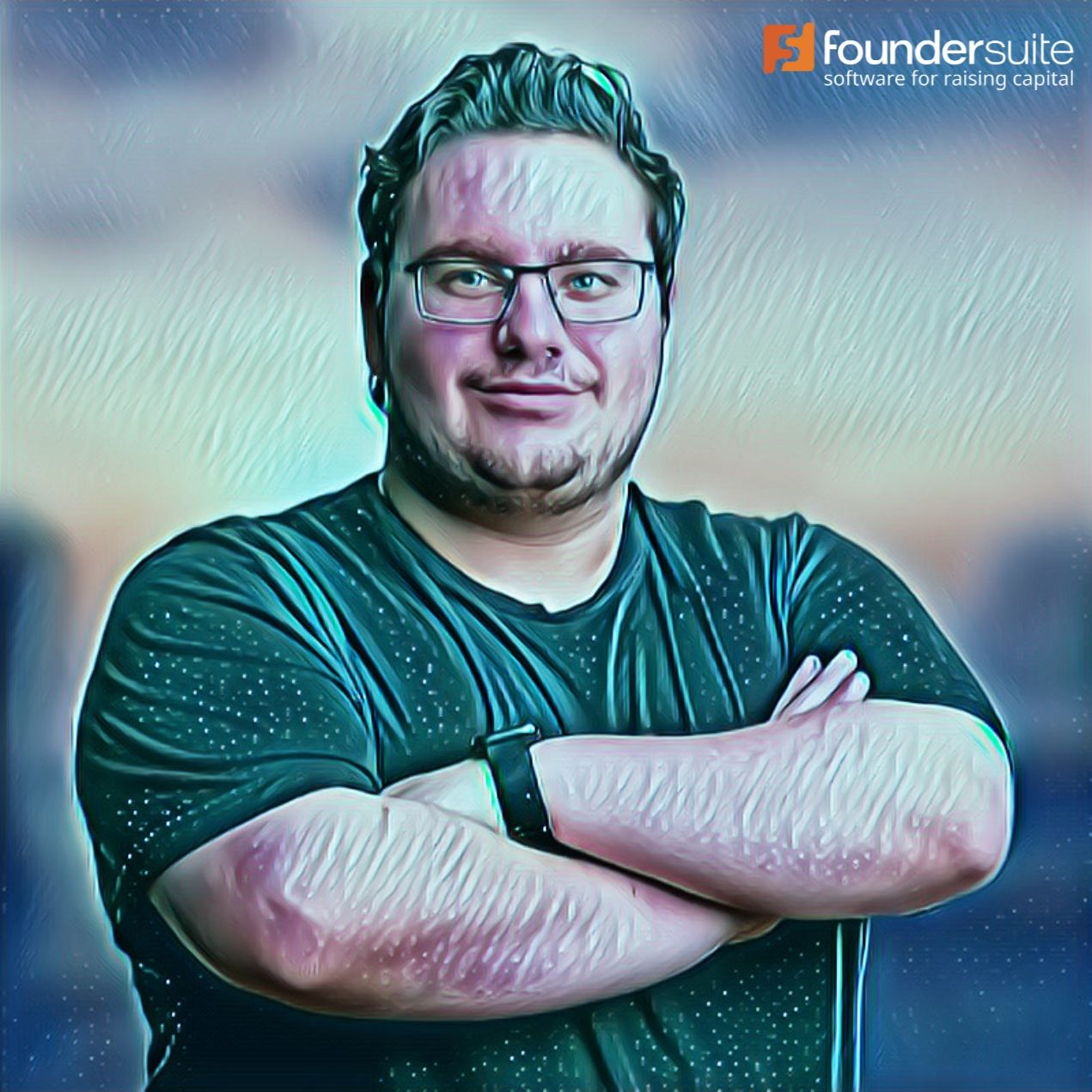Episode Summary
When chatting with potential investors, you have to remember: They’re just people… right? This is what Brian Vallelunga, the co-founder of Doppler, told himself while inside Peter Thiel’s mansion, chatting it up with the pajama-clad billionaire venture capitalist.
Back in 2018, Brian was working full time at Uber when he started building Doppler, a universal secrets manager. His days went something like this: Go to work at Uber 10 a.m. to 8 p.m. Head home, work on Doppler until 4 a.m. Sleep a few hours. Rinse and repeat.
It only took him about three weeks to develop his minimum viable product. From there, he began bribing people with free Chipotle. He just wanted folks to try the product and spread the word. Though he’s not sure he’d take this same approach today (this turned into $1,000 worth of Chipotle meals), it worked.
Fast-forward and Brian secured a small pre-seed from Kleiner Perkins. After that, he got into YC — and the rest is history. He’s now raised $2.3 million in funding from big names like Sequoia Capital, Nat Friedman, Kevin Hartz and, yes, Peter Thiel.
In this episode of How I Raised It, Brian shares how Doppler has raised $2.3 million, his advice for startup founders and CEOs seeking funding and exactly what he’d do differently if he had to do it again.
How He Raised It
💰 Who: Brian Vallelunga
💰 Company: Doppler
💰 Where to find him: LinkedIn | Twitter
💰 Money quote: “We were looking for the right partner, not just money. Money was actually probably a consequence of having a good partner in our worlds.”
💰 Noteworthy: Once Brian had the idea for Doppler in 2018, it took him about three weeks to build out the first iteration of the product (while still working full time for Uber). From there, he started recruiting his first customers by bribing them with free Chipotle meals.
Capital Gains
[7:57] Free Chipotle 👉 When Brian developed Doppler, he initiated his marketing and sales efforts by taking all his friends who ran startups to Chipotle. He’d tell them to order anything on the menu (he probably spent over $1,000) — then he’d beg them to try his new product.
[15:14] Key: Have a long-term vision 👉 When pitching to VCs, Brian emphasizes the importance of having a realistic long-term vision. He’s not talking about two or three years. He’s talking about having linear steps mapped out for the next eight years.
[20:57] YC secrets… 👉 Remember: Design and user experience matters. Most developer tools are focused on utility and getting the job done, but Brian also prioritized design, which helped instill trust in investors.
[32:50] It’s not all about the money 👉 One common trend Brian has noticed is founders follow the money. But Brian was also looking for good, reliable partners. He saw money as just a consequence of finding strong partners.
[34:52] Meeting Peter Thiel isn’t mind-bending?! 👉 When seeking funding, Brian met a big-time investors, including Peter Thiel. Aside from Peter showing up in pajamas, he was overall a normal, friendly guy. Moral of the story? Investors are just people like us!
[43:47] Be the dumbest person in the room 👉 As a CEO or startup founder, you always want to be the dumbest person in the room. Hire folks who are smarter and more experienced than you — even if you have to pay more.
[46:06] Skip the pre-seed funding? 👉 Brian says if he could do it all again, he would skip the pre-seed funding. Why? He had a lot of unused capital (about $200,000 worth) at a low valuation.
[47:42] Focus on dilution 👉 Something not a lot of people think about is dilution. Brian says it’s important to keep yourself incentivized and keep control of your company.
Top quotes from the episode:
“I think what YC really likes is when you come in and tell them, ‘This is my rocket ship, and I would love for you to join it, but it's already going up regardless. And regardless of your investment, we're going to be successful.’”
“One common trend I see is [founders are] looking for the money instead of the partner. The thing is, the money will almost always be a constant. If you have a good company, you're going to raise the amount you want. It's the partners that will be on that journey for the seven, eight, ten years that really matter.”
“If you don't even know what category you're in, you're playing in someone else's sandbox, and they're setting all the rules. You want to be the one setting the rules.”
“A company is a vehicle for change, but it's not just a vehicle for change for your customers, but also for your personal life, in a way, early on.”


